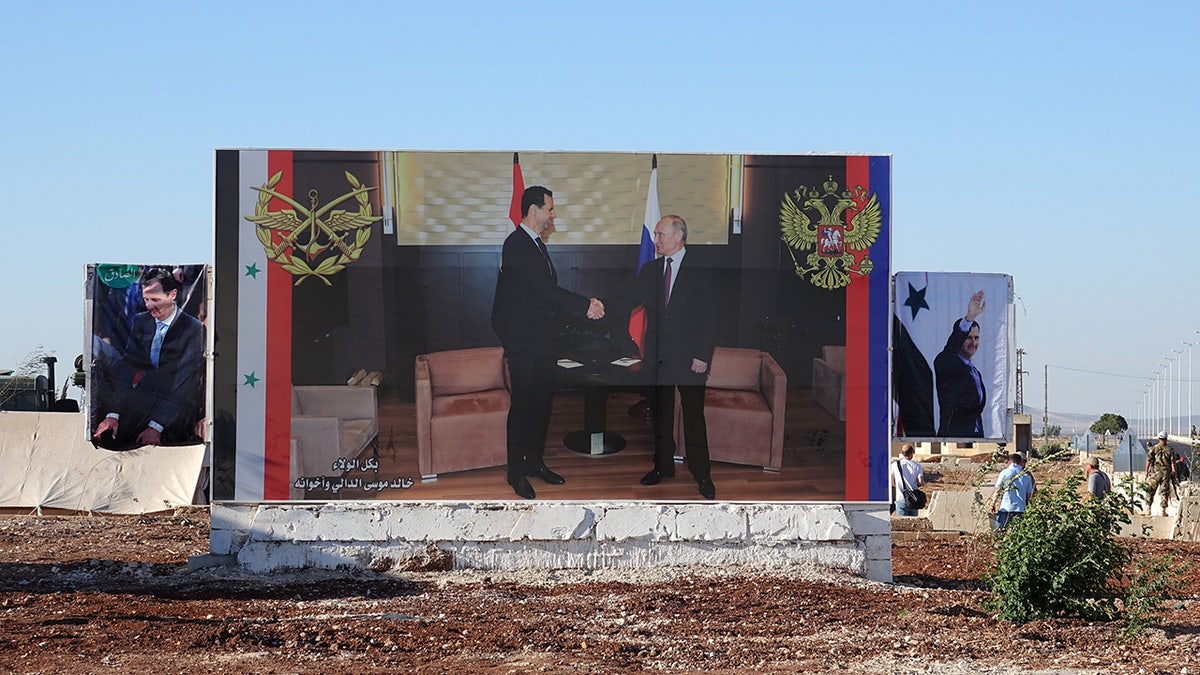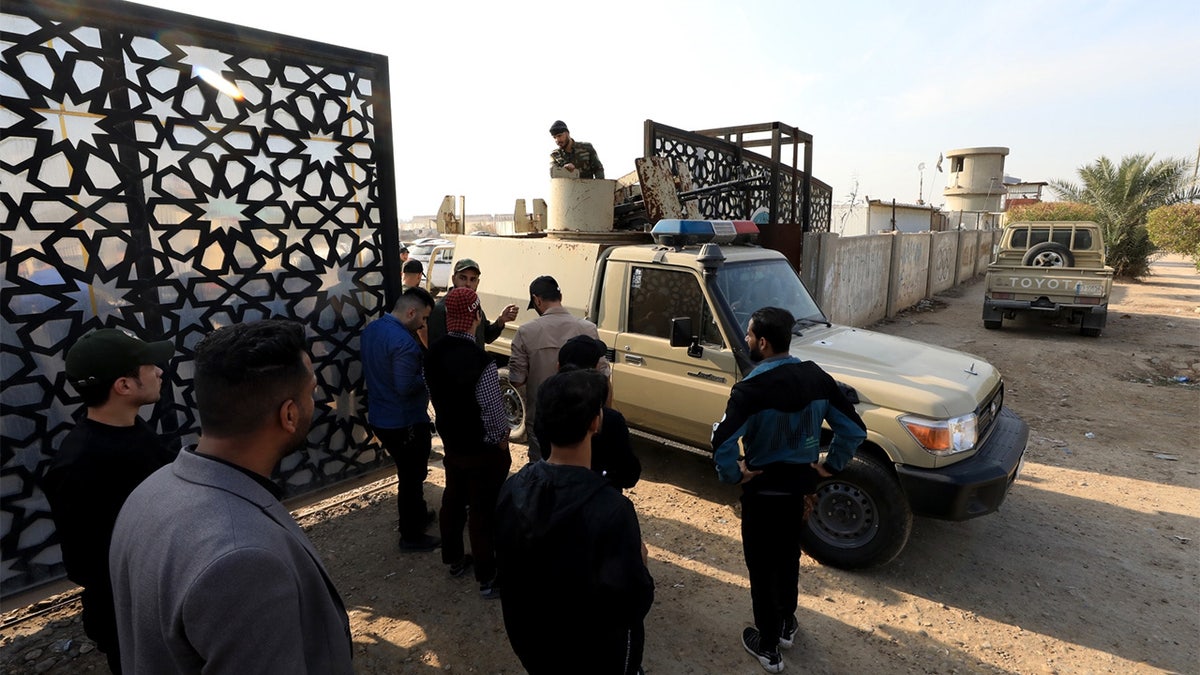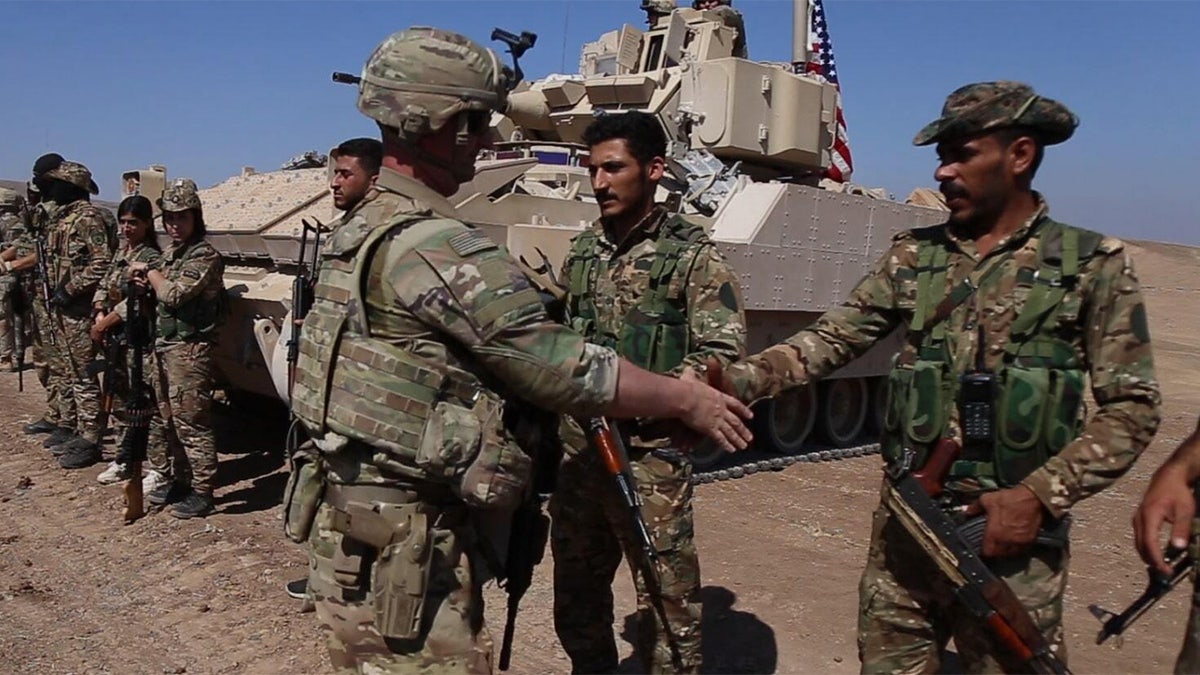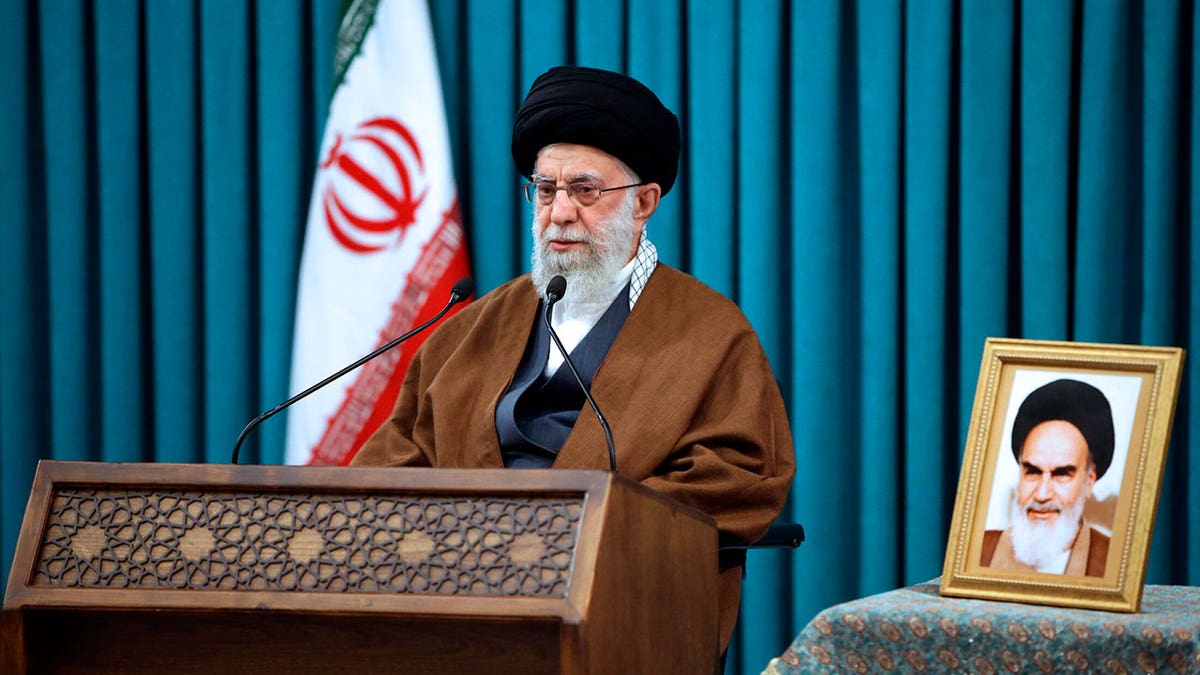Syrian regime forces, their Russian allies and militias loyal to them led more than 160 attacks against civilians in Idlib in December, according to the White Helmets, a volunteer rescue organization founded in 2014.
The White Helmets, also known as Syria Civil Defence, said since the beginning of 2023, they have responded to 1,322 attacks in northwestern Syria, a 59% increase compared to 2022. A majority of the attacks were caused by warplanes, rocket launchers and artillery strikes.
On Christmas Day, Russian warplanes killed a family of five near the town of Armanaz, and Syrian regime forces targeted a school in the city of Sarmin, killing one and injuring five.
The Syrian Observatory for Human Rights (SOHR), a U.K.-based war monitoring group, said in 2023, 187 civilians, including 50 children and 28 women, were killed in bombardment, and gunfire by regime forces and 30 civilians, including eight children and seven women, were killed in Russian airstrikes.
The SOHR reported the deaths of 1,889 civilians across Syria with a breakdown of how they died in a Dec. 31 report.
Since the Arab Spring erupted in 2011, it is estimated that more than half a million Syrians have been killed by President Bashar al-Assad, with the help of his Russian and Iranian allies, in the country’s more than a decadelong civil war. More than 14 million Syrians have been forced to flee their homes, and nearly 7 million are internally displaced, according to the UN Refugee Agency.
SYRIA’S OPPOSITION FARMLANDS SET ON FIRE BY REGIME BOMBS, SATELLITE IMAGES SHOW
Idlib remains the last rebel stronghold in Syria and is home to many internally displaced refugees as well as many rival military factions. Hay’at Tahrir al-Sham, a U.S.-designated foreign terrorist organization, operates largely in the area as well as parts of Aleppo.
The Kurdistan Workers Party, commonly known as the PKK, is also a U.S.-designated foreign terrorist organization that operates in northern Syria.
Bassam Barabandi, a former diplomat in Syria’s foreign ministry who defected in 2013, told Fox News Digital Assad, Russia and Iran feel emboldened by the Israel-Hamas war and the global interest in it to launch the “most violent bombing of civilians in Idlib.”

A large poster in the city of Rastan shows the Syrian head of state Bashar al-Assad and Russian President Vladimir Putin as allies. (Photo by Friedemann Kohler/picture alliance via Getty Images)
“The fact [is] that what is happening in Idlib has become boring news,” he said of the yearslong bombardment. Barabandi explained that the Assad regime portrays the attacks against the people of Idlib as necessary because they are “terrorists” who are supported by Israel, so they must be killed.
“[Assad’s] forces stay away from all the terrorist organizations present in the region because he needs them to justify his killing of civilians,” Barabandi added. “Assad missiles do not fall on the military terrorist factions in Idlib, they only fall on civilians because he wants to push them to immigrate to Europe and Turkey with the help of Russia.”
BLOODY RED CARPET: ASSAD RETURNS TO INTERNATIONAL STAGE WITH ARAB LEAGUE WELCOME
Since Oct. 17, U.S. troops in Iraq and Syria have faced more than 120 attacks from Iranian-backed groups.
The Biden administration has retaliated several times with strikes on Iranian weapons facilities in Syria and, most recently, with a precision drone strike in Baghdad that killed Mushtaq Jawad Kazim al-Jawari, a leader of the Iran-backed Harakat al-Nujaba terrorist group.

Iraqi security forces arrive to inspect the site where Al-Nujaba senior commander Abu Taqwa Al-Saidi was killed in a US drone strike, at the logistical support department of Hashd al-Shaabi in Baghdad on Jan. 4, 2024. (Photo by Murtadha Al-Sudani/Anadolu via Getty Images)
The Department of Defense said al-Jawari was “actively involved in planning and carrying out attacks against American personnel.”
David Adesnik, a senior fellow and the director of research at the Foundation for Defense of Democracies, told Fox News Digital that Iran’s escalation predates the start of the Israel-Hamas war.
“It’s worth noting that there was already classified information that appeared in the media indicating American awareness of a joint effort between Iran, Russia and Syria and potentially militias to push the U.S. out of Syria,” he said.
The U.S. has roughly 900 troops stationed in Syria to counter Iranian-backed militias and prevent the resurgence of the Islamic State.

U.S. forces provide military training to members of the YPG/SDF, which Turkey consider as an extension of PKK in Syria, in the Qamisli district in the Al-Hasakah province, Syria on Aug. 18, 2023. The PKK is designated as a terrorist organization by the United States, Turkey and the European Union. (Photo by Hedil Amir/Anadolu Agency via Getty Images)
The U.S.-backed Syrian Democratic Forces control oil fields in northeastern Syria that Assad wants back.
“[Assad] needs to bolster his legitimacy because what he rules is sort of a rump state. You know, it’s fair to say that he sort of survived the threat and there’s no immediate prospect of Assad falling, but he’s hardly the same dictator he was before, not in a sense of cruelty, he remains as cruel as ever. But he just doesn’t control as much as he [did] before,” Adesnik said. “It’s only 60 to 70% of the land, 60 to 70% of the people. And what he does rule is rubble that’s in the midst of an economic meltdown. So he wants resources back. And, of course, that means pushing the U.S. out. Russia has a lot to gain from that. Iran [also] does.”
THOUSANDS OF RUSSIAN PRIVATE CONTRACTORS FIGHTING IN SYRIA
The former deputy director for Joint Data Support at the U.S. Department of Defense added that he would characterize the Biden administration’s retaliatory strikes as “pinpricks.”
“A warehouse here, even a couple of troops there. Nothing Iran can’t afford to easily lose in order to keep up the pressure,” Adesnik told Fox News Digital.

Supreme Leader Ayatollah Ali Khamenei speaks in a televised New Year speech, in Tehran, Iran, Monday, March 21, 2022. (Office of the Iranian Supreme Leader via AP)
CLICK HERE TO GET THE FOX NEWS APP
“We do more defensive, but we never really make them pay a price. And I think this is part of two broader strategic trends. The Biden administration has really just been, just timid, in taking a firm line with Iran on just about anything for its entire time in office,” he continued. “And second, this relates to the fact that they sort of have always wanted to do less in the Middle East. So they don’t want to do anything that could potentially require more because, of course, if you’re going to go toe to toe in any respect, you can’t just take one shot. You have to show you’re ready to establish a strong position.”










